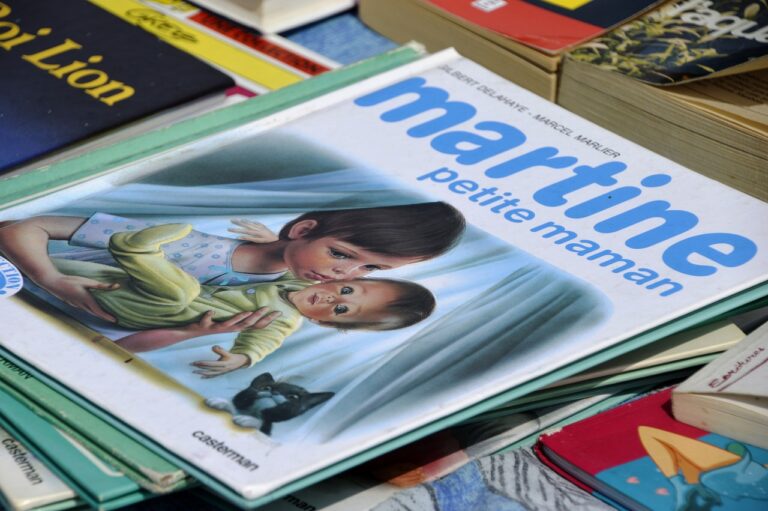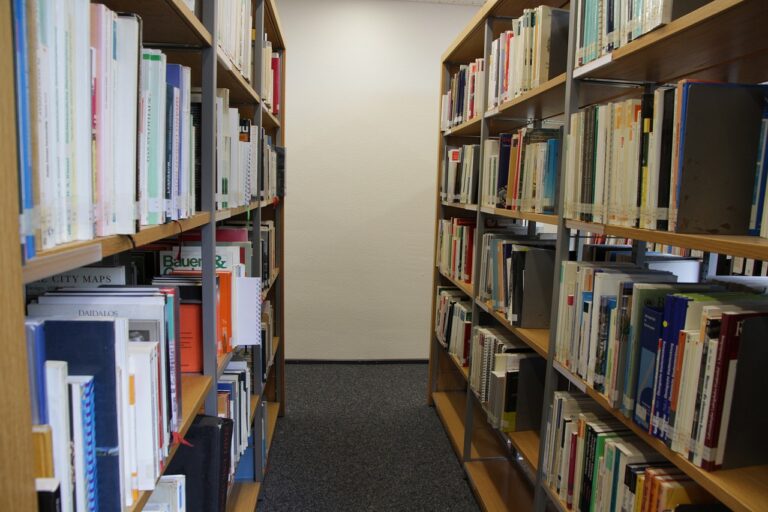Exploring the Role of Cultural Competence in Teacher Preparation Programs
Cultural awareness in education plays a crucial role in fostering an inclusive and respectful learning environment for students from diverse backgrounds. By recognizing and embracing different cultural perspectives, educators can create a more enriching and empowering educational experience for all learners. This awareness allows teachers to better understand and support the unique needs and strengths of each student, ultimately enhancing the quality of education in the classroom.
Moreover, cultural awareness equips educators with the tools to address potential biases and stereotypes that may exist in the classroom. By promoting cultural sensitivity and acceptance, teachers can help students feel valued and respected regardless of their background. This not only promotes a sense of belonging and inclusivity but also fosters a positive and supportive educational atmosphere that encourages student engagement and academic success.
Understanding the Diversity of Student Populations
In today’s educational landscape, it is imperative for teachers to recognize and appreciate the diversity present in their student populations. Students come from various cultural backgrounds, possess different learning styles, and have unique life experiences that shape their educational journey. By understanding the diverse profiles of their students, educators can create inclusive learning environments that cater to the individual needs of each learner.
Embracing diversity in student populations not only fosters a sense of belonging and respect among students but also enriches the overall learning experience in the classroom. When teachers acknowledge and celebrate the differences in their students, they create a space where every individual feels valued and understood. This inclusive approach promotes collaboration, empathy, and open-mindedness, essential skills that prepare students for success in an increasingly globalized world.
Enhancing Communication Skills in the Classroom
Effective communication skills are a vital component of successful teaching. In the classroom, clear and concise communication is essential to ensure that students fully understand the material being presented. By being an effective communicator, teachers can foster a positive learning environment and facilitate meaningful interactions with their students.
Moreover, enhancing communication skills in the classroom can lead to improved student engagement and participation. When teachers are able to effectively convey information and concepts, students are more likely to be actively involved in discussions and activities. This can result in a more dynamic and collaborative learning experience for both teachers and students.
Why is cultural awareness important in education?
Cultural awareness is important in education because it helps teachers understand and respect the backgrounds and experiences of their students. This can lead to better communication and a more inclusive learning environment.
How can teachers understand the diversity of student populations?
Teachers can understand the diversity of student populations by taking the time to learn about their students’ cultures, languages, and backgrounds. They can also engage in professional development opportunities that focus on diversity and inclusion.
What are some ways to enhance communication skills in the classroom?
Some ways to enhance communication skills in the classroom include active listening, clear and concise language, nonverbal communication, and creating a supportive and inclusive classroom environment. Teachers can also provide opportunities for students to practice and improve their communication skills.







